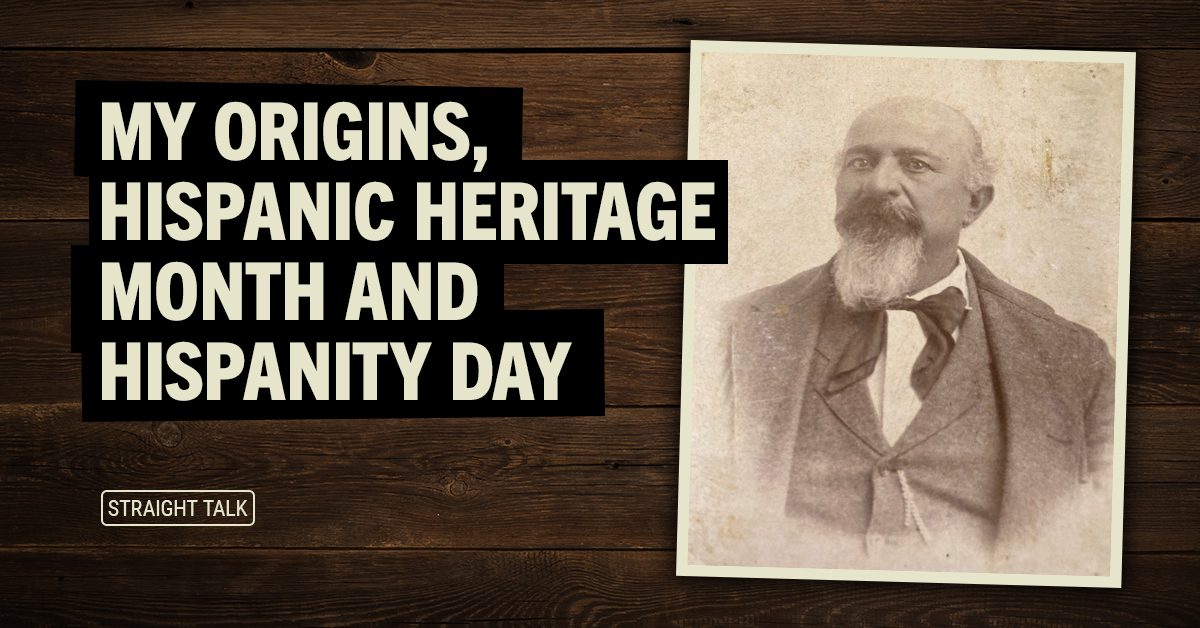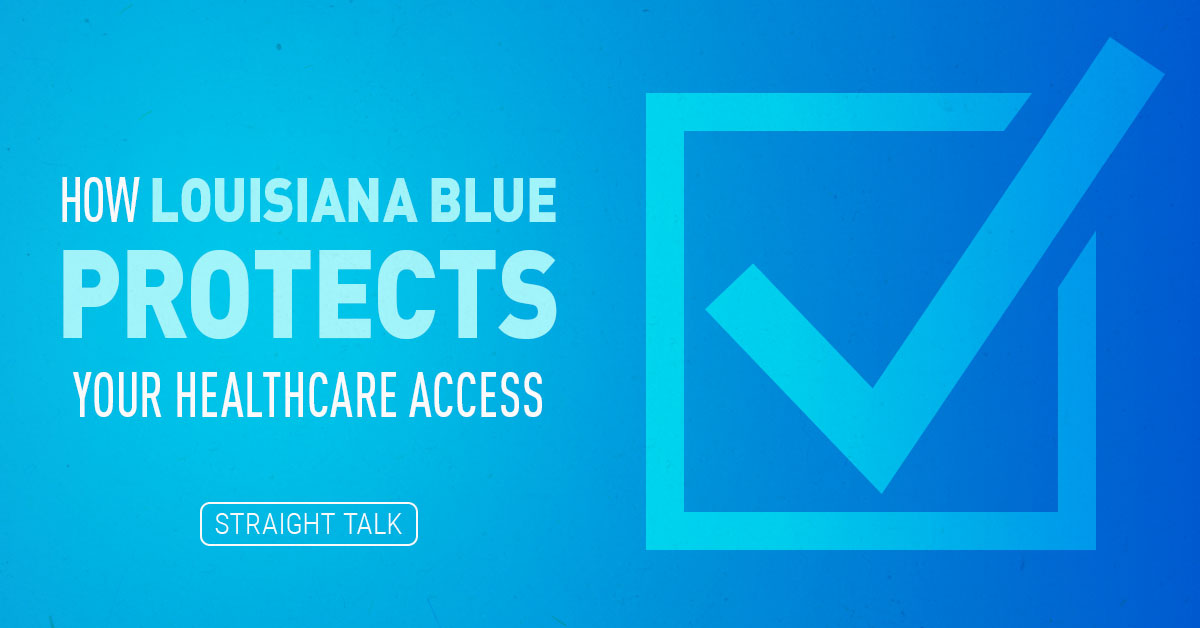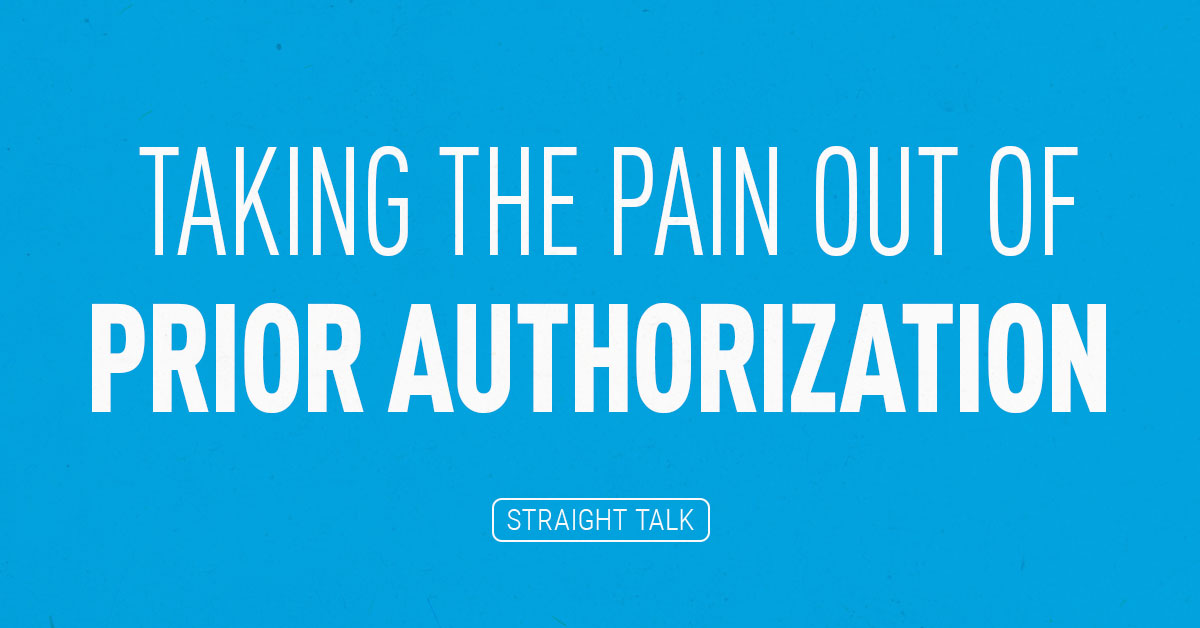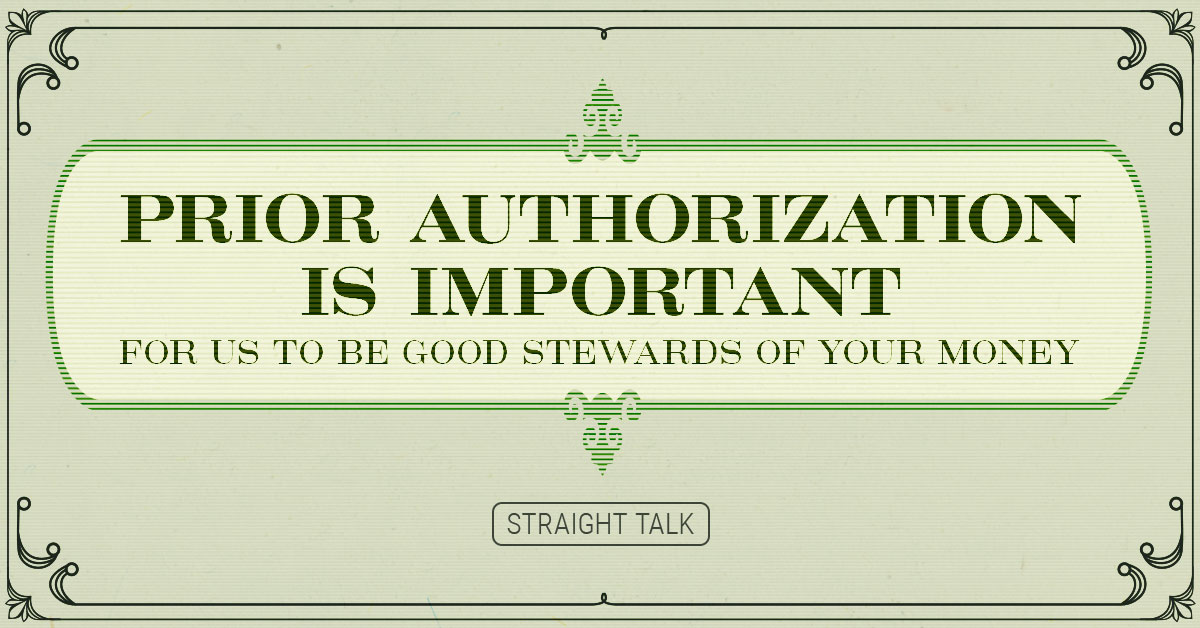Since I was a little boy back in the 1960s, I’ve heard the stories over and over. You know, those family tales, the tribal lore that binds the older folks in your family with the younger ones. Tales you hear and, when you are younger, you just accept them. And then, as you get older, you really start to wonder about them.
 The most fascinating ones concerned my Dad’s mother’s family, the Hidalgos.
The most fascinating ones concerned my Dad’s mother’s family, the Hidalgos.
That handsome gentleman in the picture I am sharing is Emanuel Jose Hidalgo. He is my great-great-grandfather. His great-grandfather came to Louisiana in 1776 on a ship from the Canary Islands. His family was forced to leave when their livelihood (a general store) burned to the ground. Prior to living in the Canary Islands, their family members lived in Portugal, Spain and Africa, if you go back far enough.
When they came to the U.S., they landed at Galveztown, which is near Port Vincent today. Eventually, they carved out a farm for themselves, roughly 250 acres at its largest, on the west bank of the Mississippi River, where the Sunshine Bridge is now. And then they opened another co-op general store. How they lost that farm and store is an amazing tale, but one for another day. (I shared a little more about this branch of the family back in a 2017 post.)
I’ve heard these stories all my life, and research in my later years has verified nearly all of them. I frankly never thought that much about my Spanish heritage, but as more of my relatives are doing research into our roots, I’m really appreciating it now.
About Hispanic Heritage Observances
Hispanic Heritage Month is Sept. 15-Oct. 15, and as a Louisianian of Spanish heritage, I am celebrating, and I hope you will join me! And, as part of Hispanic Heritage Month, Blue Cross is going to celebrate Hispanity Day on Oct. 12.
First, here are some important lessons I’ve learned through my studies.
We use the word “Hispanic” in reference to anyone from a culture that originated in Spain or any of that country’s overseas territories. There are 20 countries considered Hispanic because the predominant language is Spanish. This includes countries in North America, Central America, South America and Europe.
The designation “Latino/a” can refer to cultures in Latin America, including non-Hispanic countries like Brazil or Haiti. This term also can refer to the “romance countries” with languages that have Latin roots – places like Spain, Portugal, France and Italy. It’s important to be clear about these terms and what they mean as we learn about Hispanic culture. Honestly, I’ve enjoyed the lessons so much!
Since I was a little boy back in the 1960s, I’ve heard the stories over and over. You know, those family tales, the tribal lore that binds the older folks in your family with the younger ones. Tales you hear and, when you are younger, you just accept them. And then, as you get older, you really start to wonder about them.
Hispanic Americans and Health Care Access
So, what’s the health care connection?
Well, the Hispanic population in the U.S. is growing very rapidly. Did you know OVER 25% of all children in the U.S. today are Hispanic? Tracking this data is critical to our ability to make sure we can take care of everyone, and get them the health care they need, at the right time, in the right setting. Here in Louisiana, more than 200,000 of our friends and neighbors identified as Hispanic in the last census, and that population is growing about 5% each year.
Recognizing that there are growing numbers of Americans for whom English is not their first or primary language, the federal government included Section 1557 as part of the Affordable Care Act. This section of the law, which many of us are not as familiar with as the establishment of healthcare.gov and other provisions, provides a framework to create robust translation services, among other things. That makes sure non-English speakers are well cared for and have the information they need to access health care.
That’s important because non-English-speaking Hispanic populations have the same type of health needs as the rest of us. And for some conditions like diabetes and hypertension, Hispanic Americans are at higher risk of developing these diseases than white, non-Hispanic people. It’s important that we here at Blue Cross are ready to serve them at the highest level of communication we can achieve so they know the risks and can access the care they need when they need it. And we are!
As part of our Strategic Communications department, we have a Translation Services team that makes sure we stay in compliance with Section 1557. This talented group – all of whom are multi-lingual! – meet members’ requests for health care material in languages other than English. They mostly translate materials from English to Spanish, but they also handle requests for Vietnamese, French and other languages spoken in many households throughout Louisiana.
And, they work with the rest of our communications team to lead outreach and raise awareness by creating original content in Spanish on important health topics like preventive cancer screenings, mental health and COVID-19 vaccines.
One major project we’re proud of is our “Conversando Francamente” educational event series. Through these broadcasts, which Blue Cross does in partnership with Ochsner Health, we have subject-matter experts fluent in Spanish address health and wellness topics. Our next “Conversando Francamente” is on diabetes awareness, and it will air in November. You can check out past broadcasts and other Spanish health videos on our Videos en Español playlist on our Blue Cross YouTube channel.
 I hope you’ll join Blue Cross in celebrating Hispanity Day (Oct. 12) and Hispanic Heritage Month through Oct. 15. Let’s continue to appreciate the strong role Hispanic Americans have played in our history here in Louisiana, our culture and our future. And if you’re curious about that, check out this great presentation, “Spanish Influence on American Independence,” that our Hispanic Americans Employee Resource Group hosted earlier this year (44:33). Bet you’ll learn a lot you didn’t know about the ways Hispanic Americans shaped the culture of our home state!
I hope you’ll join Blue Cross in celebrating Hispanity Day (Oct. 12) and Hispanic Heritage Month through Oct. 15. Let’s continue to appreciate the strong role Hispanic Americans have played in our history here in Louisiana, our culture and our future. And if you’re curious about that, check out this great presentation, “Spanish Influence on American Independence,” that our Hispanic Americans Employee Resource Group hosted earlier this year (44:33). Bet you’ll learn a lot you didn’t know about the ways Hispanic Americans shaped the culture of our home state!
The Straight Talk is, Maw-Maw Hidalgo would REALLY appreciate you doing that! (And that’s my Dad she’s holding, the founder of Straight Talk!). Ve Con Dios!





Leave a Reply